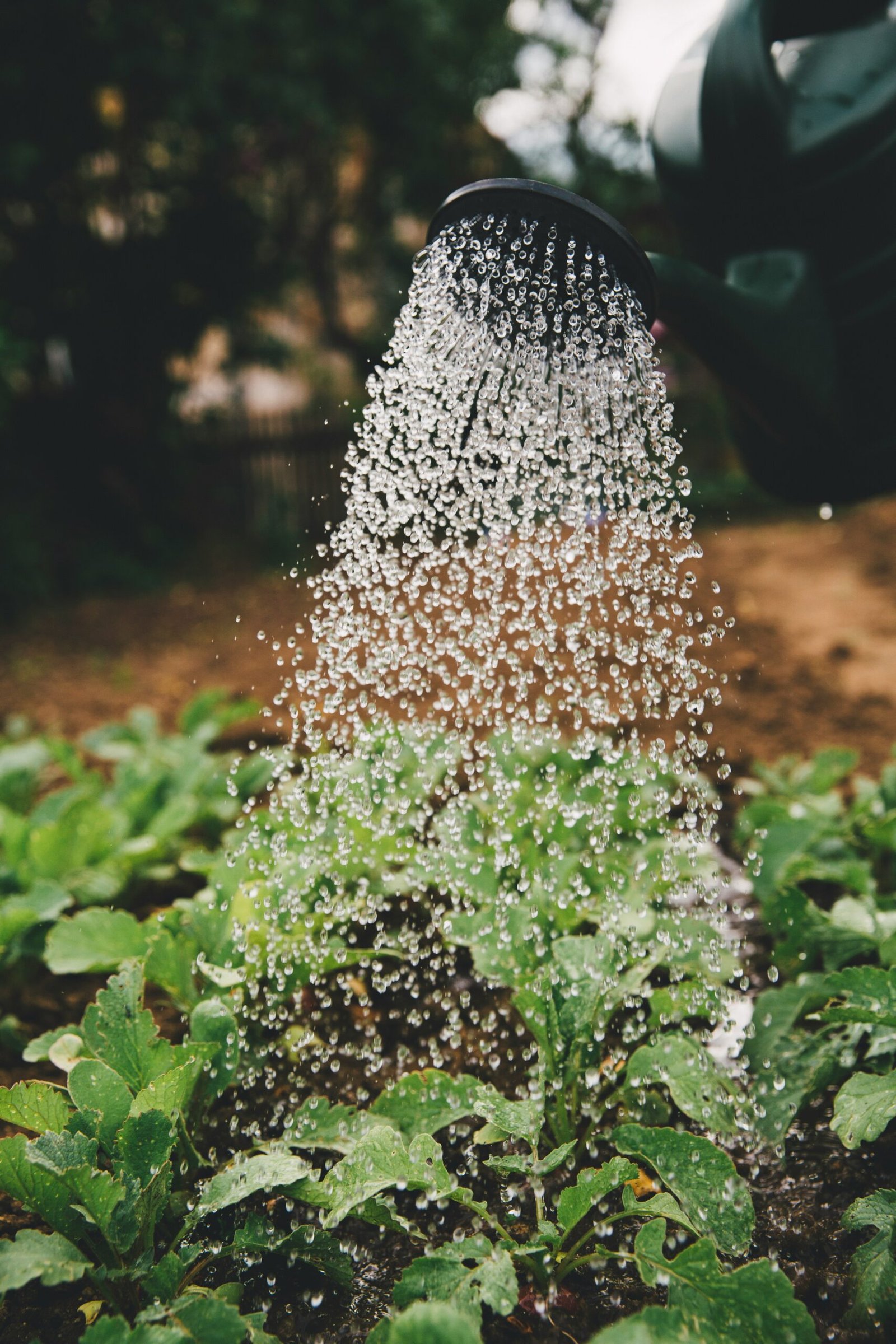Are you thinking about starting your own garden? It’s a wonderful way to connect with nature, grow your own food, and create a beautiful outdoor space. Whether you have a green thumb or are a complete beginner, here are a few tips to help you get started on the right track.
1. Choose the Right Location
The first step in starting a garden is to find the perfect spot. Look for an area in your yard that receives at least 6 hours of sunlight a day. Most vegetables and flowering plants thrive in full sun, so make sure to select a sunny location. Additionally, consider the proximity to a water source to make watering your plants more convenient.
2. Prepare the Soil
Healthy soil is the foundation for a successful garden. Before planting, it’s important to prepare the soil by removing any weeds, rocks, or debris. You can also add organic matter such as compost or aged manure to improve the soil’s fertility and drainage. Testing the pH level of your soil can also help you determine if any amendments are needed.
3. Start with Easy-to-Grow Plants
If you’re new to gardening, it’s best to start with plants that are easy to grow. Some beginner-friendly options include tomatoes, lettuce, herbs, and marigolds. These plants are resilient and forgiving, making them perfect for beginners. As you gain more experience, you can gradually expand your garden and experiment with more challenging plants.
4. Water Wisely
Proper watering is essential for the health of your plants. Most plants require about an inch of water per week, either from rainfall or irrigation. Water deeply and less frequently to encourage deep root growth. Avoid overwatering, as it can lead to root rot and other diseases. Mulching around your plants can help retain moisture and reduce water evaporation.
5. Protect Your Garden
Keep an eye out for pests and diseases that can damage your garden. Regularly inspect your plants for any signs of damage or infestation. You can use natural pest control methods such as companion planting, handpicking pests, or using organic insecticides if necessary. Also, consider installing physical barriers like fences or netting to keep out larger animals.
6. Maintain Regular Care
Gardening requires ongoing care and maintenance. Regularly check for weeds and remove them promptly to prevent competition for nutrients and space. Prune your plants as needed to promote healthy growth and remove dead or diseased branches. Fertilize your plants with organic fertilizers to provide them with essential nutrients.
7. Enjoy the Process
Starting a garden is not just about the end result; it’s also about the journey. Take the time to enjoy the process of gardening. Observe the changes in your plants, listen to the birds chirping, and feel the soil in your hands. Gardening can be a therapeutic and rewarding experience, so remember to relax and have fun!
Starting a garden may seem overwhelming at first, but with these tips, you’ll be on your way to growing your own little piece of paradise. Remember to start small, be patient, and learn from your experiences. Happy gardening!

